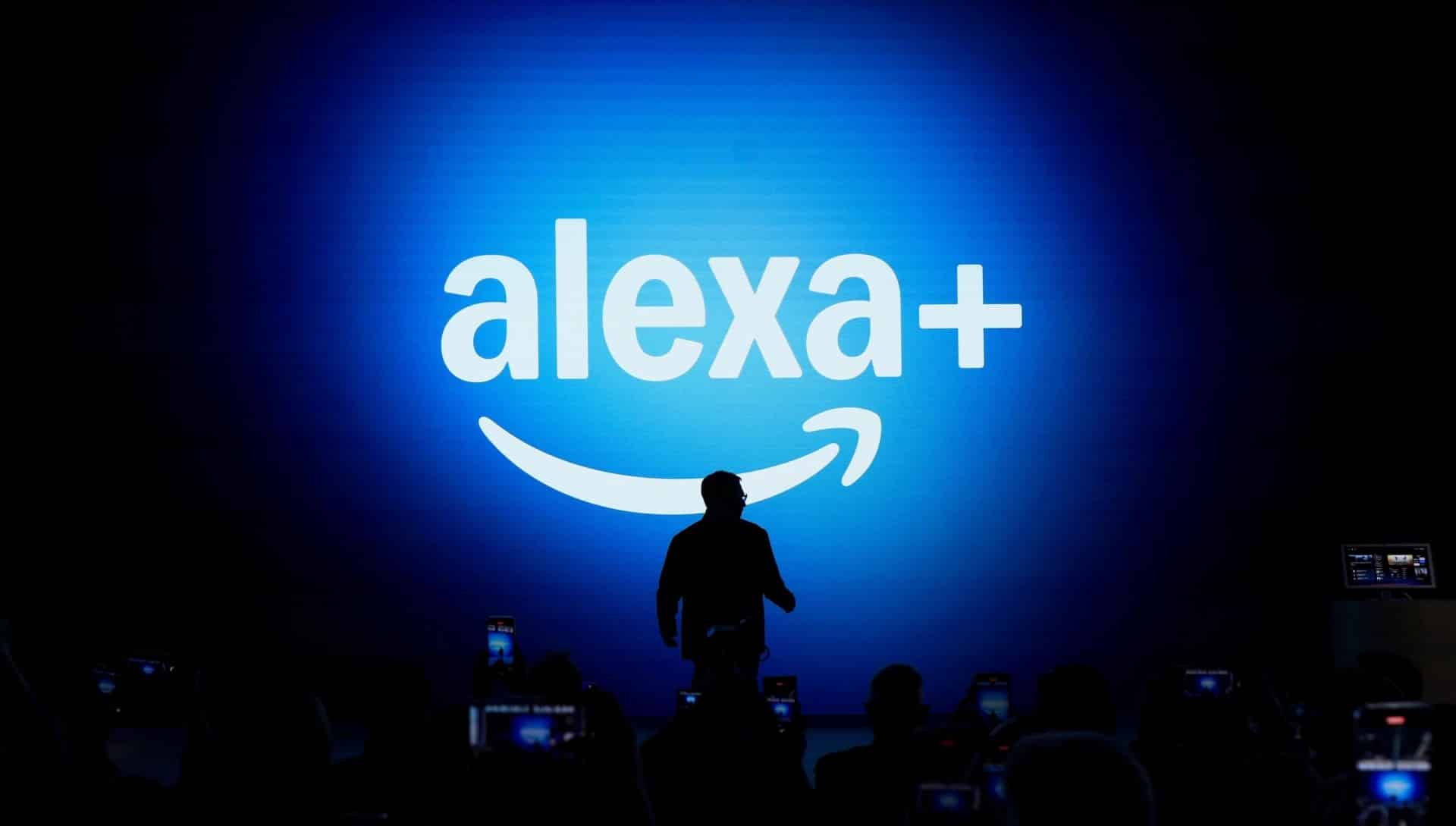When Amazon introduced the first Echo in 2014, the idea of talking to a speaker to control your home felt like a novelty. Today, it’s a part of daily life for millions. Alexa, Amazon’s voice assistant, has steadily evolved from a simple voice interface into an increasingly sophisticated companion — a transformation that culminates in the arrival of Alexa Plus in February 2025.
A New Era: Alexa Plus
Amazon’s latest iteration, Alexa Plus, promises a more intuitive experience, addressing many of the limitations users have encountered with voice assistants. Beyond controlling lights or playing music, Alexa Plus can order groceries, send event invites, and remember personal preferences like your dietary restrictions or favorite films. It can carry on conversations without repeated wake words and even analyze images through its new vision capabilities.
Alexa Plus can now proactively alert users about concert ticket availability, help book dinner reservations, and even read and quiz users on study materials. It can create trip itineraries, find songs from vague descriptions, and navigate movies down to specific scenes — though Amazon admits this feature still has room to improve.

Image source: INC
The Alexa Timeline
The journey to Alexa Plus has been marked by a series of innovations. The original Echo in 2014 introduced the world to voice-controlled smart homes, while subsequent models refined the design and improved audio quality. The Echo Dot shrank Alexa into a compact, affordable package, while the Echo Show added visual capabilities with a touchscreen.
In 2017 the Echo Plus briefly offered premium sound and smart home compatibility before Amazon folded those features into the standard Echo. Meanwhile, the Echo Studio focused on high-quality audio, and the Echo Auto brought Alexa to cars. There were experiments, too — like the fashion-oriented Echo Look and the quirky Echo Spot, which doubled as an alarm clock.
Behind the scenes, Amazon’s Alexa Voice Service (AVS) grew more capable, learning from voice samples and refining its understanding of natural language. Alexa’s voice itself was carefully crafted for warmth and trustworthiness, and Amazon’s decision to reference the Library of Alexandria in the assistant’s name hinted at its goal: to bring vast knowledge to users with a simple voice command.
Looking Forward
Alexa Plus represents Amazon’s most ambitious step yet, moving beyond reactive responses to become a proactive assistant. With the ability to generate stories, create art, and seamlessly integrate with more aspects of daily life, Alexa Plus hints at a future where AI assistants are less like tools and more like collaborators.
As Amazon continues to refine its technology, the line between human and machine interaction grows ever thinner. The evolution of voice assistants shows how far we’ve come — and how much more is possible.
Sources: The Verge, Britannica, Digital Trends
